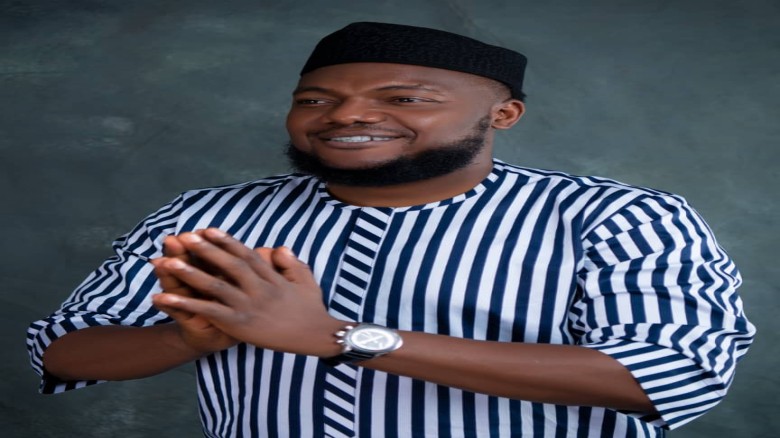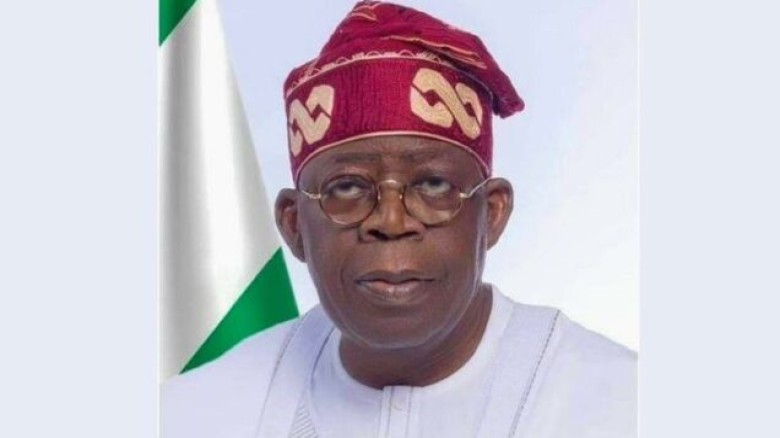Saint Lucia welcomes Tinubu, celebrates ancestral ties with Nigeria
The President of the Saint Lucian Senate, Alvina Reynolds, has highlighted the island’s ancestral ties to Nigeria by referencing an 1815 British census that recorded the origins of enslaved individuals in Saint Lucia.Reynolds conveyed these historical facts while greeting President Bola Tinubu during a joint assembly of Saint Lucia's bicameral Parliament on Monday, calling his visit a momentous occasion for both Parliament and the citizens of Saint Lucia.
As per Reynolds, the data indicated that among 16,282 enslaved people, 3,488 were born in Africa, with 34 percent originating from Nigeria, 11 percent from the Nigeria-Cameroon region, and 22 percent from the Congo, while the remaining 12,794 were born in Saint Lucia.
She remarked that Tinubu’s visitation is significant for both the Parliament and the people of Saint Lucia.
She pointed out that the legacy of the transatlantic slave trade, which lasted over 350 years, established a lasting historical and cultural connection between Africa and the Caribbean.
She referred to Tinubu’s arrival as the revival of “a mission to reunite us with our homeland and for our communities to collaborate.”
Additionally, she honored one of Saint Lucia’s most renowned figures, Sir Darnley Alexander. In 1957, Alexander traveled to Nigeria and progressed through the legal system to serve as the Chief Justice of Nigeria from 1975 to 1979—the only non-Nigerian to have held that position in Nigeria’s post-independence era.
“This mission, Your Excellency, continues with the Catholic priests from Nigeria who have responded to the call to serve in Saint Lucia, one of whom is our distinguished guest this morning—Father Festus.”
“Your address to this Parliament today could not come at a better time, as today marks World Parliament Day—an opportunity to contemplate the vital role of Parliament and the service we provide as representatives to our constituents,” Reynolds remarked.
In his response to Tinubu’s speech, Prime Minister Philip J. Pierre described the State Visit as a time of “freedom and celebration” and a powerful emblem of the lasting spiritual and cultural link between the Caribbean and Africa.
He emphasized the profound ancestral and emotional connections between the people of Saint Lucia and West Africa, referring to Saint Lucia as “a small fragment of Africa” where the “genetic Nigerian connection cannot be erased, and a collective cultural bond cannot be severed.”
“Our communities have faced separation, but nothing has ever been able to disrupt our spiritual and cultural ties with West Africa, the region from which some of our ancestors hailed and for whom we continuously yearn.
“We are African people who have established permanent residences for ourselves here on this side of the Atlantic, amid the hills and valleys of the plantations where we were enslaved… However, we have built these homes, Mr. President, not solely for ourselves, but in service to all humanity, particularly Africa, toward which we always look, wait, hope, and pray for our future redemption,” he expressed.
When comparing the population sizes of both nations, the Prime Minister humorously stated that Saint Lucia’s population is smaller than that of the Eti-Osa Local Government in Lagos State, but affirmed the island’s pride as a sovereign nation “with a heart and spirit deeply linked to the world, Nigeria, and West Africa.”
The Prime Minister underscored the essential contributions of the Nigerian community to Saint Lucia’s society, particularly in areas such as healthcare, religion, cuisine, tourism, and social progress.
























Leave A Comment